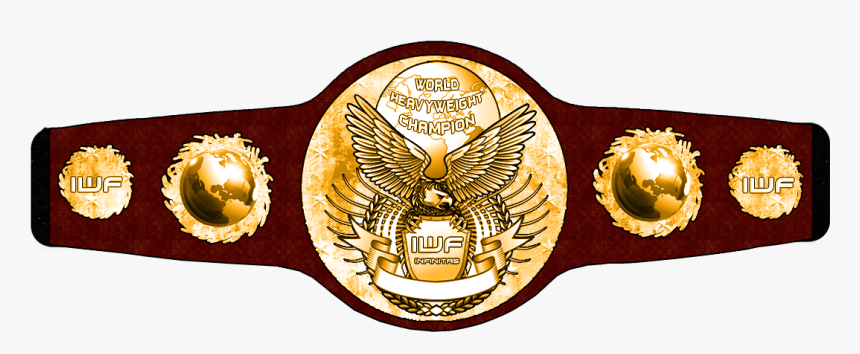In professional wrestling, the word “World” gets tossed
around more than a steel chair in a hardcore match. Promotions of all
sizes—from global juggernauts to indie start-ups—love to crown their top
champion with the grand title of “World Heavyweight Champion.” But let’s get
real for a minute: just calling something a world title doesn’t make
it one.
A true world championship should be just that—defended around the world.
At the very least, it should be actively defended across most of the United
States and in multiple countries internationally. If a championship belt never
leaves a single state—or worse, never leaves a particular county or city, it’s
not a world title. It’s a local or territorial championship with a bloated ego, plain and simple.
If your “World Champion” only defends the title in a handful
of shows in one region—say, just in Eastern Kentucky or Central Indiana—how is
that a world title? It’s not even a national title. It's a
regional belt with delusions of grandeur.
Let’s look at the benchmarks that have historically defined a real world
championship:
- Geographic
Reach: The NWA World Heavyweight Title (in its heyday), the WWE
Championship, and NJPW’s IWGP World Heavyweight Title have all been
defended across the United States and in countries like Japan, Canada,
Mexico, the U.K., Australia, Germany, and beyond.
- Prestige
and Recognition: A world title isn’t just about geography—it’s about
visibility, media presence, and how many people recognize the champion as the
best. If a title is only known within a 100-mile radius, it’s hard to
call that a world title with a straight face.
- Competition:
A world champion should defend against top-tier challengers from different
regions and promotions. If the same five wrestlers are constantly rotating
in and out of the title picture, and all live within driving distance of
the venue, the belt’s status is severely diminished.
Throwing the word “World” on a belt might seem harmless,
but it waters down the significance of the term for fans and workers alike. It
confuses younger wrestlers into thinking they’ve made it when they haven’t left
their home state. It tricks fans into buying into inflated stakes. And it
devalues the work of actual world-traveling champions who earn that
recognition.
Promotions would do better to be honest about their titles.
There’s no shame in calling your top prize a Heavyweight Championship or
Regional Championship. Let the prestige of the belt grow naturally over
time—and earn the right to call it a world title when the belt starts traveling
across borders and oceans.
The Bottom Line - If your championship
has never been defended outside of your state—or even outside of your town, it’s
not a world title. It might be important to your promotion, and that’s fine.
But let’s not mislead ourselves or the fans. In wrestling, words matter. Belts
matter. Let’s give them the meaning they deserve.
Along the same lines, if you use words
such as “World”, “Global”, “International”, etc in your promotion’s name – then you better be running
shows around the world. Otherwise, that is a false grandeur as well. You are
nothing more than a local or regional promotion, again with a bloated ego.
As some of you know, I’m planning to get my promoters license again soon. In fact,
I had hoped to do it this week but I had a death in the family and some health
issues, so I’ve had to push it back a few weeks. But anyway, I was talking to a
potential business partner about it. My plans were to revive the Poffo’s “International
Championship Wrestling” or use the name “Global Wrestling Alliance.” And he asked me “are you planning to run
shows internationally or globally? If not, those names would be misleading.
That would be like having a world championship that never gets defended outside
of Kentucky.” Point taken. So instead, I chose a name that reflects the
product honestly and with integrity: Classic Wrestling Alliance.





No comments:
Post a Comment